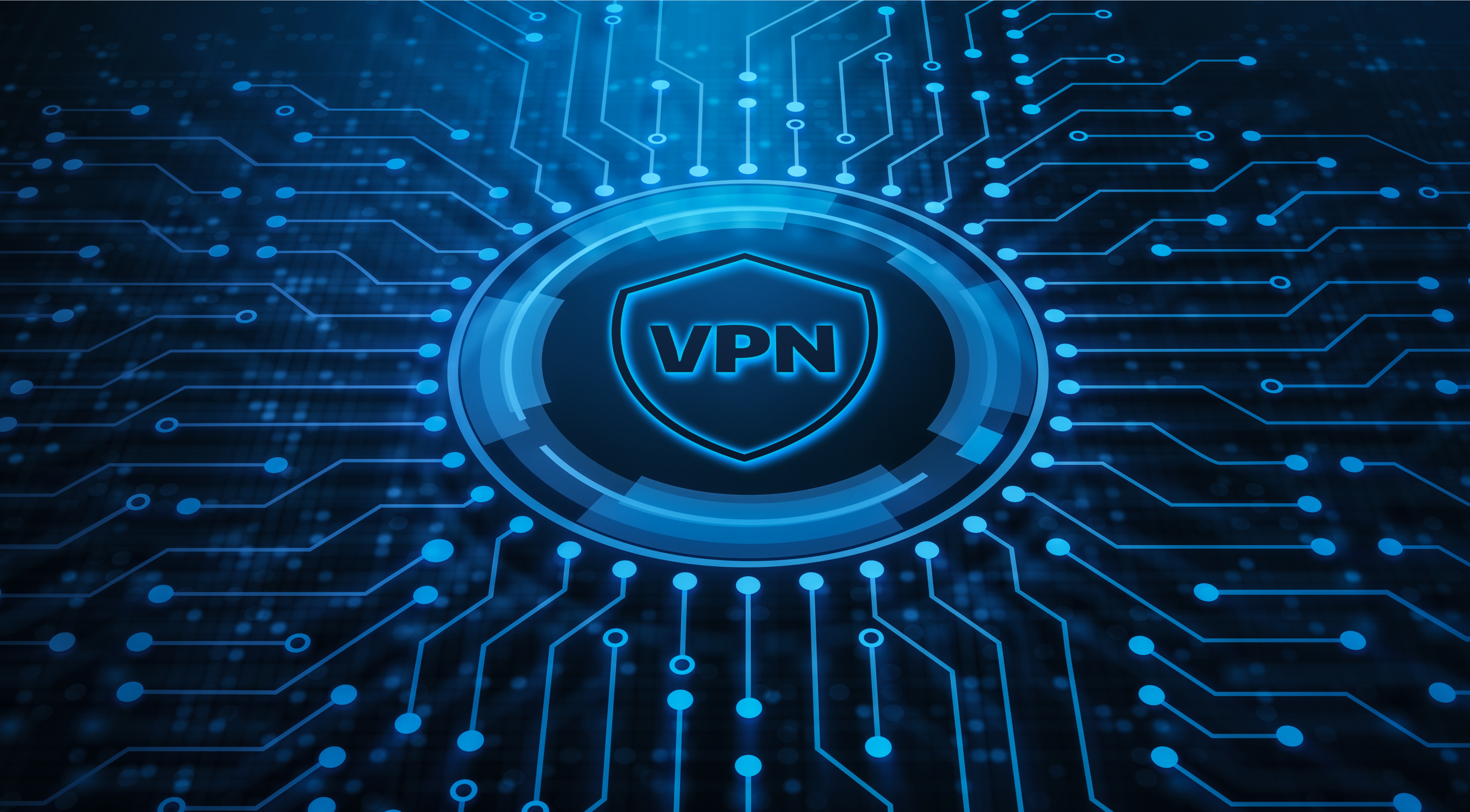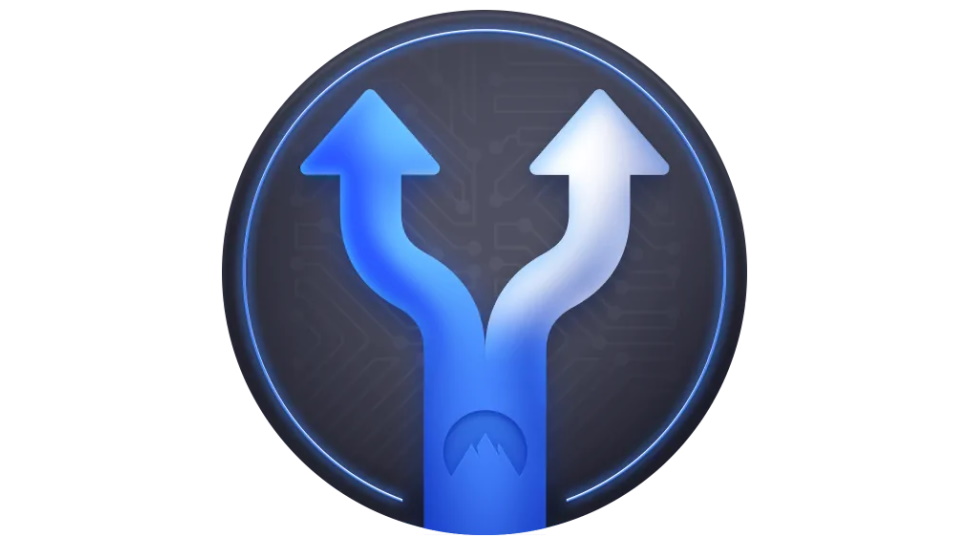How VPN services affect internet speed
Learn how to pump up your internet connection using a VPN

More and more people worldwide are turning to the best VPN services on a daily basis. Whether they're looking to bypass online censorship, boost their online privacy, unblock foreign streaming platforms or a mix of all, connection speeds will always be crucial for all users.
As for how it works, a VPN encrypts all the data leaving your device for then decrypting it when reaching its final destination.
And, while you're unlikely to see a huge difference when using the fastest VPN services around, the encryption process will inevitably affect your internet connection - even if that is just a couple of Mbps.
At the same time, there are some situations when using a VPN can actually help boost your overall online performance.
Let's have a look at both scenarios more in detail.
Why a VPN might slow down your connection
We already mentioned that the main factor that will affect your VPN speeds is encryption. That's because the process of scrambling data inevitably takes up time.
Every time you turn on a VPN, all the data also passes through one of its servers. This adds an extra step that can negatively impact your internet connection results. Don't worry too much, though, as the decrease in speed is often imperceptible here.
Further factors that might slow down your VPN speeds are:
- VPN server location. The distance between you and your chosen server is often the biggest reason for your connection speed dropping. Seeing that all the traffic needs to pass from your device through the VPN server, the connection will obviously be faster if the physical gap between the two is reduced.
- VPN server load. Unless you get a dedicated IP that only you can use (some services like NordVPN and CyberGhost offer such an option for an additional fee), many users will be connected to the same network while you are. If this gets overloaded, a drop in connection might occur. Free VPN services are more likely to suffer from this issue.
- Protocol. We've already said that encryption is the major cause for a VPN to slow down your internet speed. Subsequently, the security protocol defining the type of encryption employed is a huge defining factor here. Modern protocols like WireGuard and Lightway are much faster than older protocols like OpenVPN.

When a VPN can boost your connection
Using a VPN doesn't necessarily mean that you'll see your internet speeds drop. If you choose a reliable service while being mindful in picking the best server and protocol encryption according to your needs, it's unlikely you'll experience any difference from your normal connection.
What's more, a VPN may even help to improve your overall internet speeds at times.
That's because when you switch it on, your ISP will be prevented from tracking down your online activities. This will allow you to avoid ISP or bandwidth throttling, ultimately making your internet faster.
Bandwidth throttling is the practice for which your internet service provider intentionally slows down your internet connection. This might be for managing network congestion, for example. That's why using a gaming VPN can help you get better performance rates while you play online.
Internet throttling can also occur when you reach your monthly data caps, and authoritarian countries often throttle the internet to enforce online censorship on unwanted content.
How to improve your VPN speed
If your internet connection is getting slower while using a VPN, there are a few hacks you can use to improve your overall online performance.
However, before playing around with settings, you should make sure that your VPN is actually the one slowing you down. That's why we recommend beginning with running a couple of speed tests, with and without the software.
Speedtest is one of the best speed test tools around, and it's one of the services we use when reviewing VPNs. Check our dedicated broadband speed test explainer to know all the details.
Once you determine that's the VPN app the reason behind your poor connection, try out the tips below:
- Change VPN server: As we said before, the VPN server you pick can hugely impact your connection - whether this being about distance or overload. Changing servers might be just what you need to enjoy better performance. Don't worry, though, as all the top providers offer a huge array of international servers - for instance, our favorite provider ExpressVPN boasts over 3,000 of those across 94 countries.
- Change encryption protocol: With encryption being another main factor affecting your internet speeds, switching VPN protocol can also be beneficial here. Just head to the settings on your VPN app and customize your choice. Among all those available, WireGuard is the fastest option you can opt for right now.
- Enable split tunneling: Many VPN services also offer an interesting feature that can be helpful for pumping up internet speeds. As its name suggests, split tunneling allows you to decide which traffic to direct through the encrypted tunnel and which one to leave out. Such a practice can be quite handy if your broadband speeds are already quite poor to start with.

- Reboot your device: An old and easy way of fixing issues with technology, restarting your device or home router might be just what you need to pump things up. It could be that your hardware's memory buffer needs to be cleared out, or, perhaps, there are some heavy programs running in the background. Likewise, you can try the same with your VPN app.
- Update your operating system: Sometimes the device you're using is the culprit for your sluggish connection. Check if your operating system is up-to-date. If not, upgrading it to the latest version might help.
- Use a wired connection: A Wi-Fi connection is way more convenient but it can also be more unstable at times. If your broadband speed isn't already the best out there, try switching to a wired connection instead to stabilize your internet.
The fastest VPN right now:
1. Surfshark - easy to use VPN that's great value
Having upped its speeds recently, Surfshark is the provider you want if you're after the very fastest. It reached a staggering peak of 950Mbps with its speedy WireGuard protocol, last time we checked. However, you should keep in mind that the results were less impressive with OpenVPN.
Besides speeds, Surfshark comes packed with features and excellent unblocking. At less than $2.50 per month, it's a reasonably priced option that's super simple to use.

Sign up for breaking news, reviews, opinion, top tech deals, and more.

Chiara is a multimedia journalist committed to covering stories to help promote the rights and denounce the abuses of the digital side of life – wherever cybersecurity, markets, and politics tangle up. She believes an open, uncensored, and private internet is a basic human need and wants to use her knowledge of VPNs to help readers take back control. She writes news, interviews, and analysis on data privacy, online censorship, digital rights, tech policies, and security software, with a special focus on VPNs, for TechRadar and TechRadar Pro. Got a story, tip-off, or something tech-interesting to say? Reach out to chiara.castro@futurenet.com
